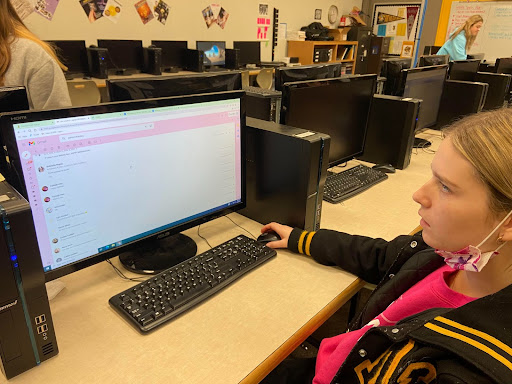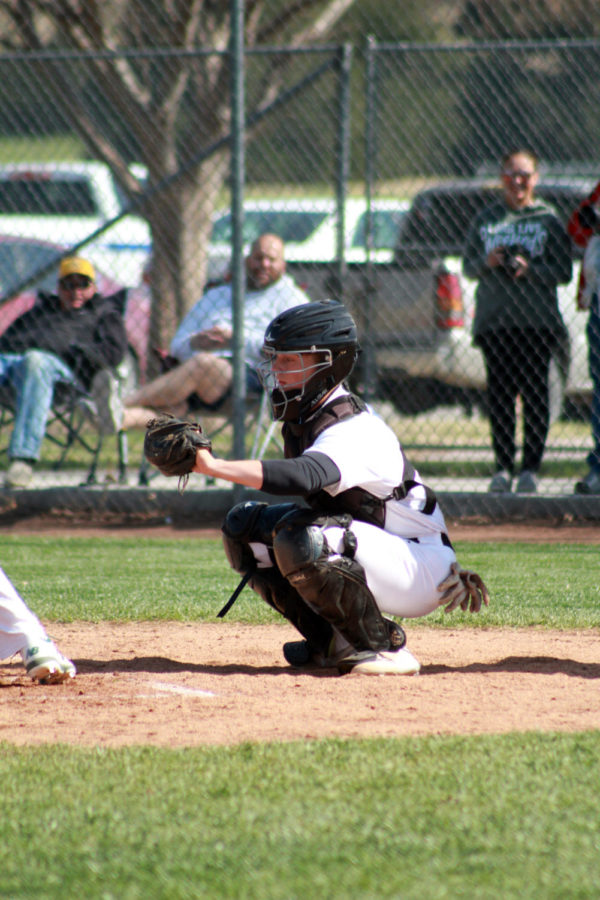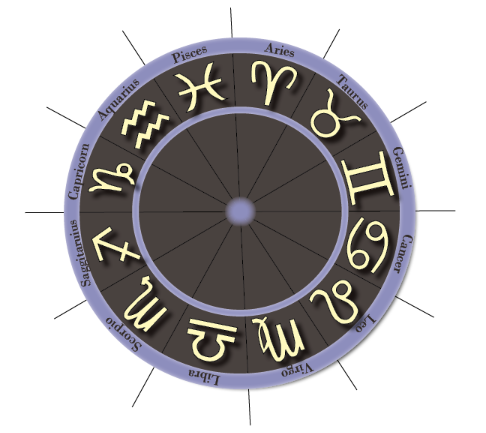Chain emails on campus
February 3, 2022
Chain emails are both loved and hated throughout the school, but no matter if you love them or hate them they do not seem to be going anywhere anytime soon. The most recent chain email that was sent throughout Newton was seen only by Newton High School, therefore, excluding middle school and elementary students. In the past, however, there have often been chain emails that have included the Chisholm Middle School classes as well.
Every student in the school has a different opinion on these emails. Either the emails are annoying and the student wants to block all the kids involved or the emails are funny and they can not wait to read the next one that gets sent.
“In general I think they are very annoying because you are trying to do work and they are very distracting, but if you’re in the mood to look at something funny, I think it is very entertaining,” senior Ashton Huntley said.
In the past, these chain emails have caused problems for students in high school. Whether it is a hacked account, threats, or just getting in trouble by the administration for simply being involved in one, there is usually a story behind how these chain emails start.
“I was at work, and I got an email saying that I had signed in on a different device. I assumed it was the school doing something with my account. It was later revealed to be a hacking attempt made on my account. They sent two different emails throughout the school, the first [email] that was sent to everyone [had lots of profanity]. The second one was sent to my girlfriend, and it told her that we were done,” Huntley said.
Though this chain email could have had serious consequences for Huntley, he received no punishment from the school. The same can be said for the person who hacked his account.
“[I did not get in trouble], I actually went to the [administration] the same day, and I told them that my account was hacked. [The principal] explained to me that I was not in trouble and he would look into the matter, and nothing has come of it yet,” Huntley said.
Many students attempt to stop chain emails by including themselves in the chain, usually telling all the students involved simply to stop. These attempts are usually met with criticism directed at the student who tried to stop the chain.
“This recent chain email that has just come up, I had screenshotted the principal’s email saying not to reply, then I sent that screenshot to the chain email. I was honestly just screwing around but I think it may have made it worse,” Huntley said.
It seems that there is only about one chain email every couple months, though the number of students who participate in these emails is larger every time it seems. Some of the students who respond the most to these emails receive punishment by the school, but it is often questioned whether it is really their fault for responding to the email when they did not start it in the first place.
“[I do not think most kids should have a punishment for chain emails] I think that they should be open, and we should be able to have chain emails because they are watched by teachers, and if anything bad is said, they can give punishment. It is very tempting to put something funny on [the chain email], I personally don’t like shouting out to the entire school but having the chance to do that is very funny,” Huntley said.






















